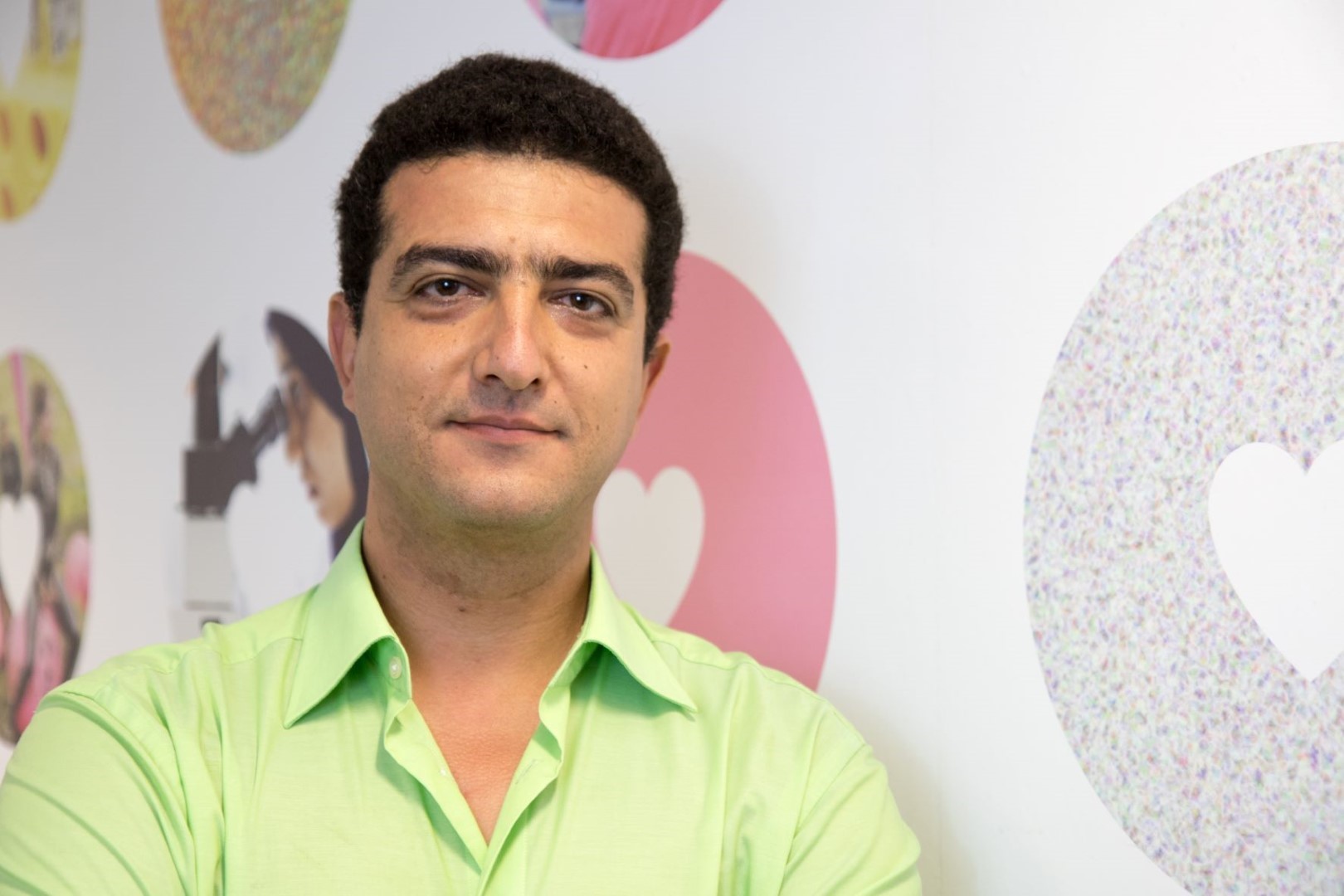Scientists have discovered a new way to potentially improve the effectiveness of breast cancer treatment by targeting a variant of a common protein
Researchers we funded may have found a new way to improve existing breast cancer treatments.
They’ve discovered that the RAC1B protein can help the disease to become resistant to treatment, spread and return.
As a result, the scientists hope that targeting RAC1B could hold the key to boosting treatment for breast cancer.

The RAC1B protein
RAC1B is a less common variant of the RAC1 protein. The RAC1 protein plays an important role in maintaining the health of all organs.
Because RAC1 is such an important protein for the body, scientists haven’t looked much at targeting it for cancer treatment.
But, Dr Ahmet Ucar and this team from the University of Manchester have discovered that RAC1B plays an important role in breast cancer.
Ahmet found that RAC1B can help breast cancer stem cells. These breast cancer stems cells can cause cancer to become resistant to treatment, spread, and come back.
RAC1B and its role in breast cancer
The researchers found that in mice, breast cancer stem cells that lacked RAC1B were unable to form visible tumours, even after 100 days. They also found that cancer cells without RAC1B were more vulnerable to a type of chemotherapy.
In the lab, breast cancer cells without RAC1B didn’t recover when treated with the chemotherapy doxorubicin. On the other hand, cells that did have the protein made a quick recovery. And, cancer cells with high levels of RAC1B were also found to recover faster.
The team also discovered that patients treated with doxorubicin chemotherapy had worse outcomes if their tumours had higher levels of RAC1B.
Ahmet further explained these findings: ‘Developing cancer stem cell treatments to target tumours at their root has been a research aim for more than 20 years, but until now has proven elusive. For the first time, our research has shown that without RAC1B, breast cancer stem cells can’t form tumours and become more vulnerable to chemotherapy, making the treatment even more effective.'
A new target for treatment
The researchers also found that in mice, having no RAC1B didn’t cause any harmful effect to their organs. So, they hope future treatments that target RAC1B would cause little side effects.
Dr Simon Vincent, director of research, support and influencing at Breast Cancer Now, added: ‘It’s exciting that a variant of a previously overlooked common protein could hold the key to transforming the way we treat breast cancer. Early-stage discoveries like this can help provide the building blocks for the breakthroughs of the future, leading to new and effective treatments for the 55,000 women and 370 men who are diagnosed with breast cancer in the UK every year.’
The study was funded by Breast Cancer Now and published in the journal Oncogene.
These discoveries are important steps towards the best possible treatments and support for people affected by the disease.
Whatever you’re going through. Whoever you are. We’re here.